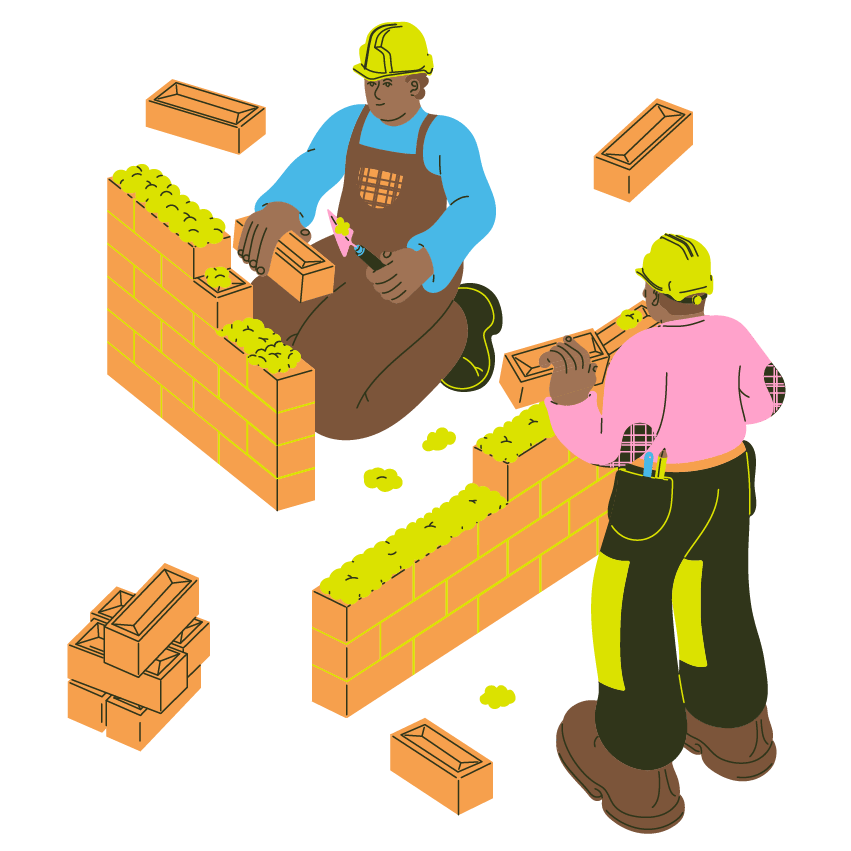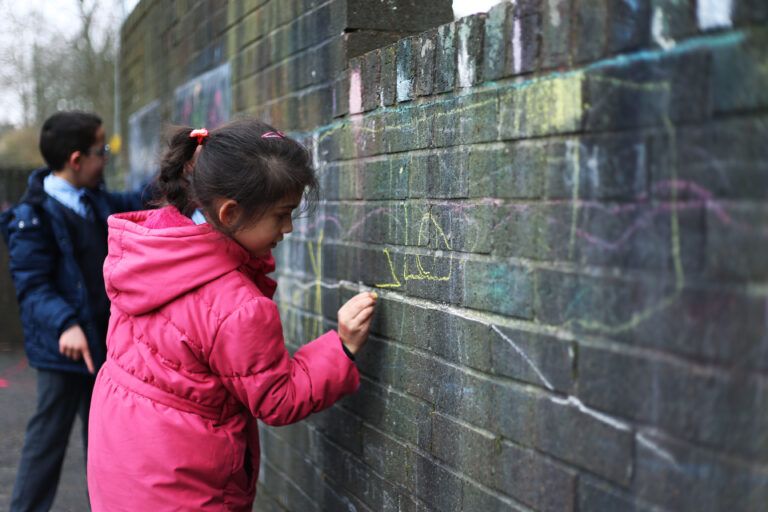Building Skills for Construction was a New Scots Refugee Integration Delivery project led by Dundee City Council, in partnership with Fife and Clackmannanshire Councils and WEA Scotland (the Workers Educational Association), which aimed to help skilled refugees gain the certification they need to work in the construction industry.
Funding was used to develop two training courses for beginner and intermediate students, aiming to give non-native speakers the language and knowledge they need to pass the CSCS operatives test.
The materials, developed by the WEA Scotland, are now available to download for free to help adult learners pass the CSCS test. The materials may also be of assistance to native speakers with literacy and numeracy barriers to their learning.





